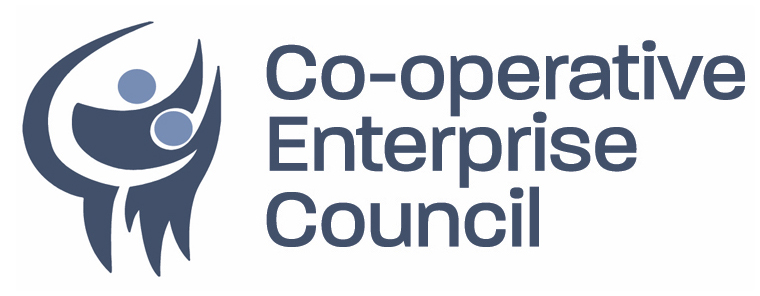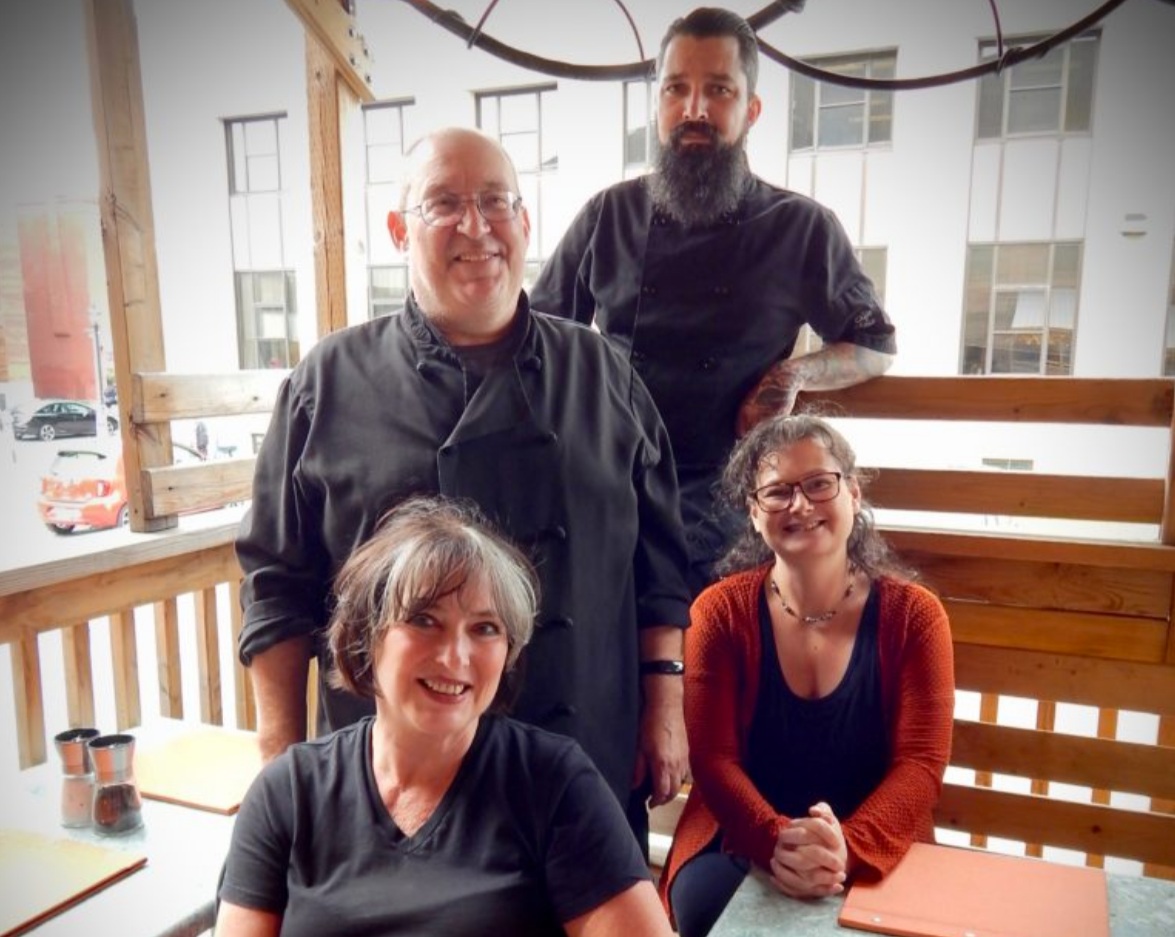The Crisis No One is Talking About (and how we can solve it)
500,000 owners of small and medium-sized businesses in Canada plan to retire in the next few years and MOST have no idea how they’re going to transition or sell their business.
This morning I googled “crisis facing Canada” and found a long list of issues ranging from climate change to health care, affordable housing, opioids, and the list went on.
What I didn’t find was any mention of the 500,000 owners of small and medium-sized businesses in Canada who plan to retire in the next few years - nor the fact that the majority have no idea how they’re going to transition or sell their business.
In New Brunswick, the issue is even more pressing
Small businesses employ over 70% of our workforce and the number of owners aged 50+ has been steadily increasing since 2004.
As these business owners near retirement, 22% of them plan to just shut down their company and this alone could eliminate as many as 32,000 jobs in New Brunswick.
“Less than 10% have an actual succession plan and many may find it a real challenge in today’s market.”
Of the remaining owners, 15% plan to transition their company to a family member, while nearly two-thirds hope to find an outside buyer. Unfortunately, less than 10% have an actual plan for how they’re going to do that and many may find it a real challenge in today’s market. While many small companies are profitable enough to cover their operating costs and earn a decent living for the owner, few have large enough profit margins to be attractive to prospective buyers.
In New Brunswick, small businesses not only provide critical services and products to the community, but they also create the vast majority of jobs and even one closure causes a ripple effect. The more unemployed people there are, the less money there is available to spend in grocery stores, restaurants, entertainment, garages, health and beauty salons, and at other local businesses. The problem then becomes exacerbated as these small businesses begin to see a drop-off in sales and also start laying off workers, increasing the spiral of economic decline.
Your succession plan could empower your community
There are a number of solutions to the business succession crisis, including government, business owners and their professional advisors (i.e. accountants, lawyers etc.) putting a strong focus on business succession planning and supports to help small businesses transition ownership – long before the actual sale takes place. There is a lot of work to do in preparing to sell or take over a business and experts suggest the process could be as long as 10 years.
“Turning over equity in your business to key employees is just good business.”
However one particularly innovative solution - collective ownership - is gaining momentum across the world.
Co-ops and social enterprises can be vehicles to own and operate businesses that are essential to the community’s interests. They are democratic organizations that exist to address social, environmental or cultural issues and opportunities. They pool the resources and skills of a group of people who become collective owners and they are a well-proven model of business succession.
Co-operative ownership can take many forms. It could be the employees of a funeral home who band together to purchase the business from the retiring owner or a nonprofit that wants to operate an enterprise to help it meet its mandate, i.e. provide training/employment to marginalized people or increase the use of solar energy.
The Beloved Acadia Cinema
It could even be a group of citizens who don’t want to lose an important asset or service in their community, like the Acadia Cinema Co-op in Wolfville, NS.
The Acadia Cinema, Wolfville, Nova Scotia
When its owner retired in 2000, this beautiful landmark theatre closed its doors after 89 years, leaving a huge gap in the cultural fabric of the community and another historic building empty.
Two years later, a group of local people came together and developed a plan to re-open the theatre. They structured it into a co-operative and used a CED Investor Tax Credit program (which we also have in NB) to raise $220,000 in investment from 600 local people. They leveraged this money and received a $316,000 grant from ACOA. They recruited Just Us Coffee Roasters to open a café at the front entrance and the Fundy Film Society opened an art gallery in the lobby. The second floor was renovated into a second, smaller theatre and community meeting space. Today, rather than being a parking lot, the Acadia Cinema is a vibrant part of the community, creating jobs and building the local economy.
Transitioning Isaac’s Way with the people who made it successful
There are many examples of successful transitions to collective ownership in New Brunswick. Take Fredericton restaurant owners, Jason and Tina LeJeune, for example. They began thinking about transitioning their two thriving businesses - Isaac’s Way and The Abbey Cafe and Gallery - several years before they planned to retire and “the idea of selling to just ‘any’ buyer wasn’t even an option,” says Jason.
“Our restaurants had a long legacy of supporting local producers (everything from craft beer to meat, vegetables, seafood, mugs, art and more) and its impact on the community was a huge reason we started the business in the first place. We didn’t want to lose that impact on the community when we sold it.”
However the LeJeunes were faced with a decision sooner than they’d planned when Issac’s Way burned to the ground in 2012. “We had to ask ourselves ‘do we rebuild or let it go?’ That was the lightbulb moment for me. We just couldn’t see losing that community impact and knew we wanted to help transition it to someone who cared as much about that as we did. So we began a conversation with four of our long-term employees about transitioning the business to them.”
Over the next several years, the LeJeunes worked with these staff along with accountants, banks and other professionals to develop a plan that would work for everyone, including the gradual purchase of shares that didn’t cause the employees financial hardship. By the time the formal transition took place in December 2018, employees already owned 30% of the business, making financial arrangements for the balance much easier.
But they didn’t stop there. Both Jason and Tina are continuing to work with the new employee-owners to build their business knowledge and expertise and to pass along the things they have learned over the years. Jason sums his experience up with; “As far as I’m concerned, turning over equity in your business to key employees is just good business.”
Why Wait?
The opportunities for converting small businesses to co-ops or social enterprises are endless and we posted a collection of case studies on our website about conversions of everything from glassworks companies to garden centres, construction, manufacturing, bakeries, solar installation, counseling services, printing, supermarkets, pharmacies, and many more. These small and medium-sized businesses are great examples of how transitions to collective-ownership have already saved thousands of jobs.
Financing conversions of small businesses to co-operatives or social enterprises can occur in a variety of ways from member equity investments to loans and grants. Increasingly, there are lending and investment opportunities beginning to emerge such as the $25 million Canadian Co-operative Investment Fund that has a special focus on the transition of small-medium businesses to worker co-ops or the $55 million federal Social Finance Fund. In New Brunswick, our provincial Community Economic Development Investor Tax Credit program is an option that can be explored.
Why wait? You can start selling your business now to people who know its value and are most likely to ensure its continued success. Your succession plan could pay you and empower your community. So what are you waiting for? Contact CECNB today to find out more!
- Wendy Keats




